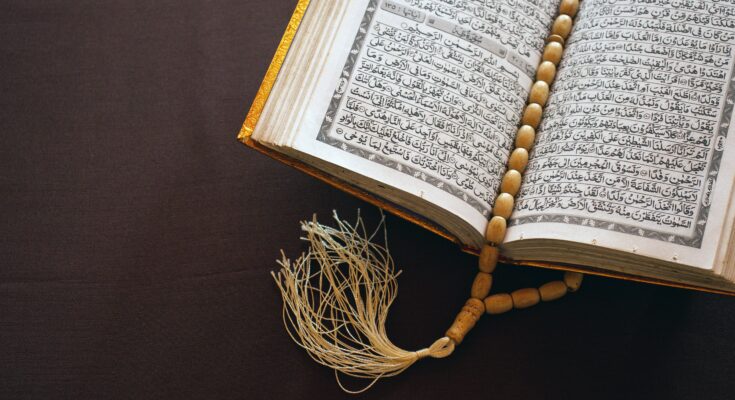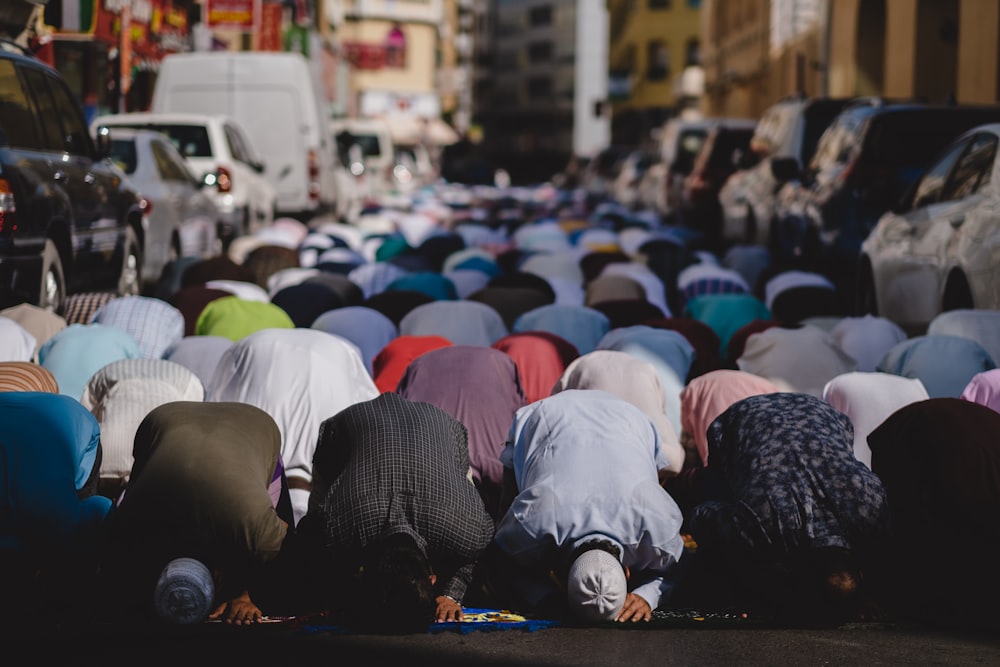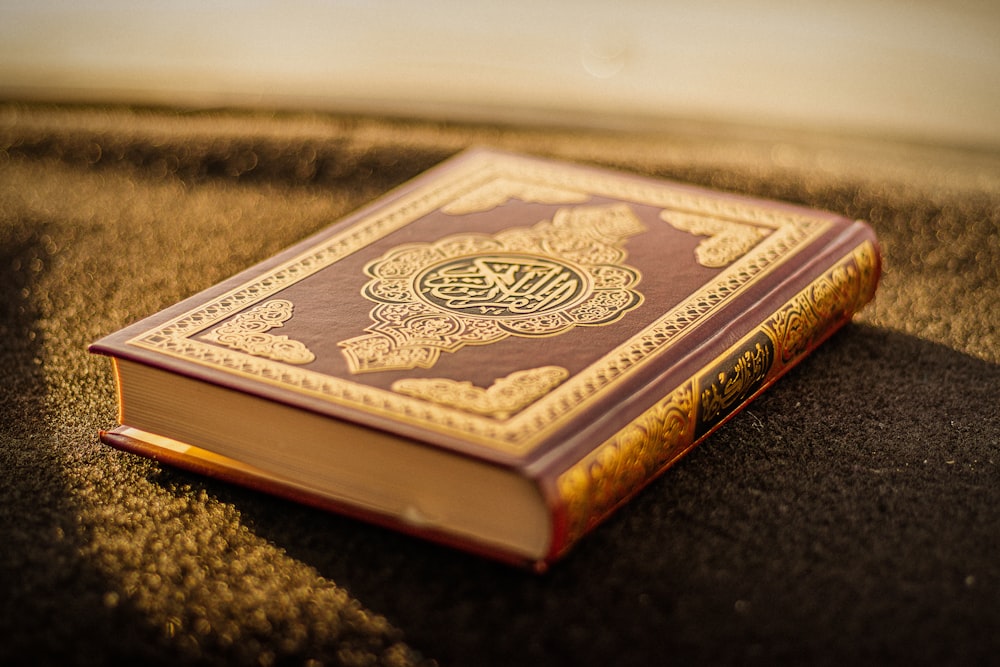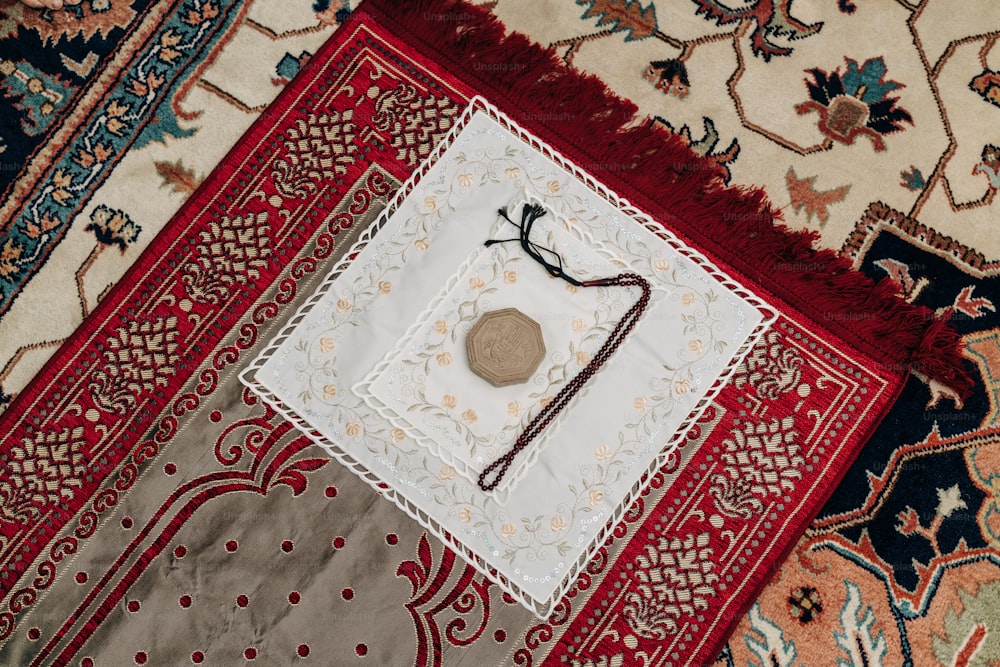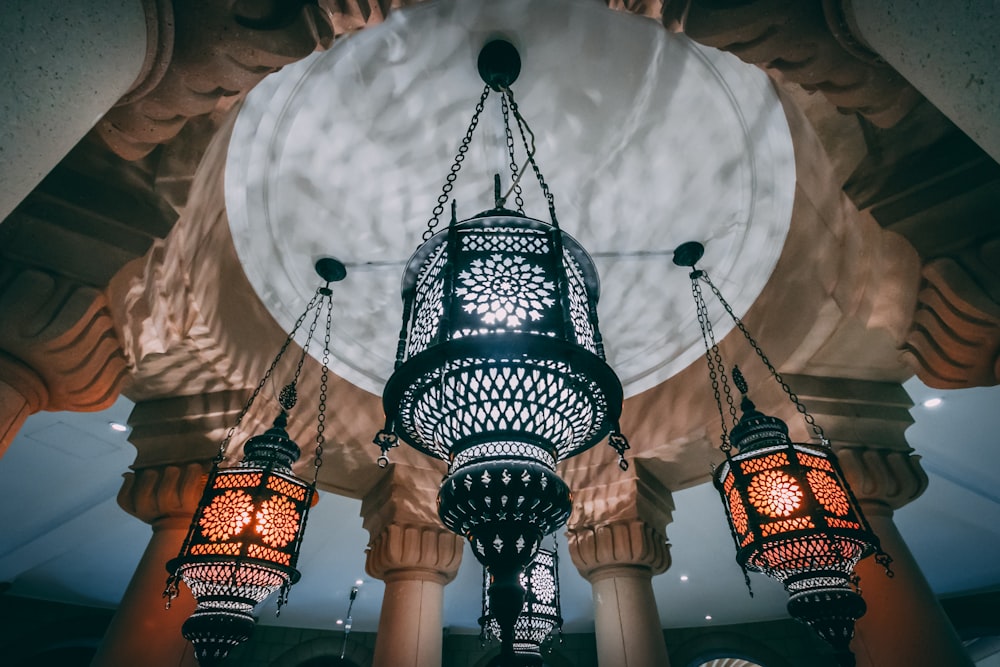Islam: prejudices and misunderstandings
According to Muslims, Islam is the oldest religion. Because it has been predetermined from the beginning of time and inscribed on Lawh-e-Mahfuz. In terms of history, Islam dates back more than a thousand years. Currently, about two billion people worldwide identify as Muslims.
Islam holds the distinction of being one of the world’s religions with the quickest rate of growth. Its unique features have drawn criticism or caused disputes with some parts of Islam. These could be related to the apprehension, biases, and animosity arising from the historical account of Islam’s swift ascent to prominence as a political force as well as a religion.
Islamophobia
Image via Unsplash.com
It is imperative, therefore, to differentiate between valid critiques or disapprovals of specific facets of Islam or its customs and extrapolating them into what is currently termed as Islamophobia. It is essential to foster an atmosphere that respects religious liberty and fosters compassion, understanding, and acceptance for all person, regardless of their religious convictions.
Understanding Islam
It takes a lot of effort and time to understand Islam. The majority of its verses are clear-cut, uncomplicated, and simple to comprehend. Others might call for a careful and nuanced study of other important sources of Islamic knowledge and doctrine, such as “Hadith” (the prophets’ recorded words, deeds, and actions) and “Fiqh” (Islamic jurisprudence). The majority of the Quran’s teachings are timeless and global. However, some are contextual as well.
It is written with the assumption that most misconceptions about Islam and Muslims result from a lack of knowledge or acquaintance with the fundamental ideas, practices, doctrines,. This endeavor would have enormous benefits for a vast segment of the national and international society. If nothing else, the book would offer a trustworthy and genuine foundation for polite discussion and comprehension.
The idea of Middle East
Image via Unsplash.com
One billion Muslims, the majority, reside in Asia, mostly in south and southeast Asia. Sub-Saharan Africa is home to more than 300 million Muslims as well.
With over 100 million Muslims living in each of Indonesia, Pakistan, India, and Bangladesh, these four countries have the biggest Muslim populations.
The phrase “Middle East” is imprecise and frequently derogatory, misrepresenting the region in which Muslims reside.
Though they make up only 20% of all Muslims, the bulk of people who live in north Africa, the Arabian Peninsula, and southwest Asia are Muslims.
Does Muslim worship Moon?
Certain Christian organizations teach that Allah is the moon god’s idol. Because Islam utilizes the crescent moon as a symbol, some people interpret the Arabic word Allah as referring to a “moon god.” Muslims find this accusation to be extremely hurtful.
The Hebrew word El and the Aramaic word Elah are remarkably similar to the Arabic word for God, Allah. Islam’s central tenet is the worship of the one real God. Christians and Jews who speak Arabic also refer to God by the Arabic term Allah, as do all Arabic Bible translations. In Arabic, there isn’t another term for God.
Oppression of women: Misconceptions on Islam
Image via Unsplash.com
Local norms and traditions are typically to blame for the majority of the heavily publicized persecution of women by Islam and Muslims. Muslim women have held positions as prime ministers and presidents. Islam forbids forcing women to do anything against their will or using violence against them.
One of Islam’s greatest commandments is to take care of widows, orphans, and the impoverished. There is no difference in the prevalence of female maltreatment between Muslims and non-Muslims.
Value of education
With Master’s and PhD degrees, a large number of Muslims have advanced degrees. Numerous Muslims are multilingual. Islamic universities led the world in math, medicine, science, law, architecture, and many other academic subjects up to the industrial revolution. The scientific method originated with scientific advancements made by Muslims. Muslims use the Qur’an as inspiration to learn more about the world they live in. While many Muslims attend our colleges nevertheless the majority of Muslims today live in poverty and have limited access to higher education.
Founder of Islam
Image via Unsplash.com
Muslims hold that Muhammad conveyed the last revelation from God so was his prophet. Adam is regarded by Muslims as the first Muslim. Muhammad is regarded as the quintessential Muslim role model. Although he is highly respected so he should not be worshipped. Worship is only designated for God. Muslims commemorate Muhammad’s birthday in a similar manner to how we observe Columbus Day or Martin Luther King Jr.
How peaceful is Islam?
The majority of Muslims are peaceful, devout, moderate individuals who want to live lives that glorify God. According to Muslim academics who study the Qur’an the majority of Muslims also view Islam as a religion of peace and they prefer to let others live as they choose. The media has sensationalized the opinions of a small number of violent extremists, portraying them as the true representation of Islam as a community that seeks to impose its will on the world.
Terrorism: Misconceptions on Islam
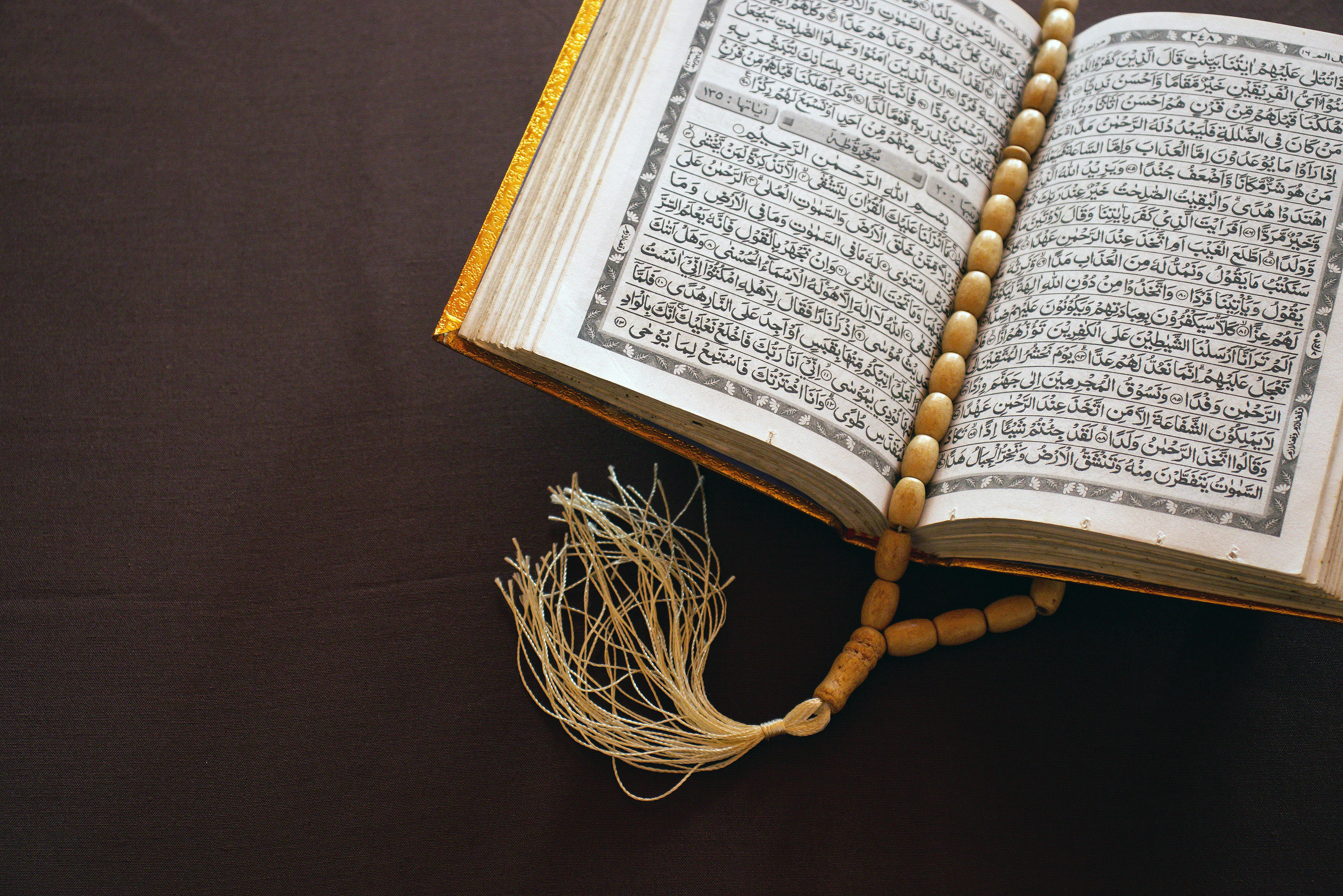
Image via Pexels.com
Prominent Muslim organizations and academics consistently condemn the radical viewpoints of violent Muslims while opposing and disproving radical doctrines. If you search for “Muslims against terrorism,” this will come up.
Most of the misconceptions are a resultant of biased society. Moreover it also a society marked by division. We need to understand the politics. Because the problem calls for a solution. There are many aspects we have to take into account. We should be aware that the generalized opinions can be hazardous for a community. And it can be said without any hesitation that the Islam and Muslim have fallen victim to this generalization.
We should avoid judging a community on the basis of few. It is the need of the hour. It is only with sensitivity and mutual understanding that we can find solution. Otherwise the endless chain of hatred will never end.

